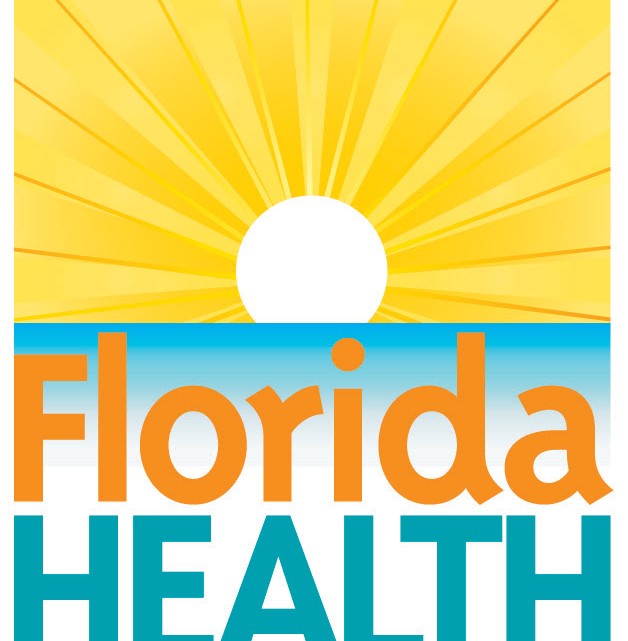Tobacco Free Florida Exposes the Risks of Secondhand Smoke
Eighth Annual Tobacco Free Florida Week Aims to Break the Myth that Secondhand Smoke is Harmless
Tallahassee, Fla.—Governor Rick Scott has proclaimed May 8 -14 as Tobacco Free Florida Week and to celebrate, the Florida Department of Health’s Tobacco Free Florida program is launching a new initiative, Secondhand Smoke Exposed to educate Floridians about the dangers of secondhand smoke.
This year’s theme, Secondhand Smoke Exposed, focuses on revealing the common myth that secondhand smoke is harmless. The fact is that breathing even small amounts can be dangerous.[i]
“Since 1964, approximately 2,500,000 nonsmokers have died from health problems caused by exposure to secondhand smoke,” said Interim State Surgeon General Dr. Celeste Philip. “We want all residents and their family members to live long and healthy lives; it is important for everyone to know that smoking affects more than just the user.”
May is also Asthma and Allergy Awareness Month, and tobacco smoke is one of the most common asthma triggers.[ii] Children with asthma who are exposed to secondhand smoke are likely to experience more frequent and more severe attacks, which can put their lives in danger.[iii]In fact, more than 40 percent of children who go to the emergency room for asthma attacks live with smokers.[iv]
Despite the growing trend of smoke-free policies and the substantial decrease in smokers in the state, many of Florida’s most vulnerable are still involuntarily affected by secondhand smoke, which has hundreds of toxic chemicals including about 70 that are known to cause cancer.[v] Secondhand smoke greatly increases the risk of lung cancer, which is Florida’s number-one cancer killer.[vi] Each year, primarily due to exposure to secondhand smoke, an estimated 7,300 non-smoking Americans die of lung cancer.[vii]
Florida residents benefit from the Florida Clean Indoor Air Act (FCIAA), which was amended in 2003 to prohibit smoking in indoor workplaces. The Florida Department of Health has a dedicated phone line (1-800-337-3742) where you can report violations to the FCIAA. Floridians can help protect themselves and their families by reporting unlawful smoking, while making the state an even better place to live.
If you smoke, the best thing you can do to protect your loved ones is to quit. Floridians who want to quit smoking are encouraged to use Tobacco Free Florida’s free and proven-effective services. More information is available at tobaccofreeflorida.com.
*Editor’s Note: Tobacco Free Florida’s assistance with local tobacco free policy efforts are not lobbying, but are services to build awareness and support of jurisdictional voluntary initiatives to improve the health of Floridian’s.
About Tobacco Free Florida Week
The eighth annual Tobacco Free Florida Week takes place from May 8-14. Join the conversation on social media using #SHSmokeexposed.
About Tobacco Free Florida
The Florida Department of Health’s Tobacco Free Florida campaign is a statewide cessation and prevention campaign funded by Florida’s tobacco settlement fund. Tobacco users interested in quitting are encouraged to use one of the state’s three ways to quit. Since 2007, more than 137,000 Floridians have successfully quit, using one of these free services. To learn more about Tobacco Free Florida and the state’s free quit resources, visit www.tobaccofreeflorida.com or follow the campaign on Facebook at www.facebook.com/TobaccoFreeFlorida or on Twitter at www.twitter.com/tobaccofreefla.
[livemarket market_name="KONK Life LiveMarket" limit=3 category=“” show_signup=0 show_more=0]





No Comment